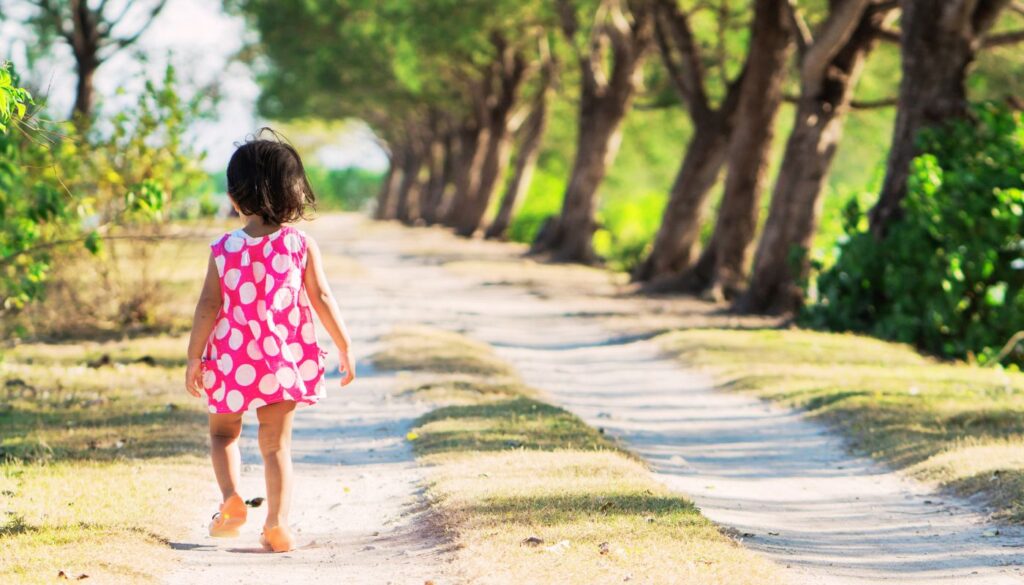Reactive Attachment Disorder (RAD) is a condition that dispite growing awareness remains shrouded in mystery and misunderstanding.
Maybe you’ve come across the term “reactive attachment” for the first time after a recent surpisring outing with your kiddos or maybe you’ve been living in the world of Reactive Attachment for a few months now. Either way knowledge can only better equip you for the journey to come and Greater Houston Counseling Services is here to shed some light on this enigma.
What is Reactive Attachment Disorder?
Reactive Attachment Disorder is a condition characterized by severe issues in forming emotional attachments to others. Originating in early childhood, RAD typically arises from a background of extreme neglect, abuse, or instability.
Children with reactive attachment often struggle to establish meaningful connections with caregivers, which can profoundly impact their emotional and social development.
Spotting the signs of RAD
Understanding the signs of Reactive Attachment Disorder is the first step toward addressing the needs of a child with RAD. Symptoms may include the following:
- An inability to form emotional bonds with parents or caregivers.
- Persistent withdrawal, sadness, or listlessness.
- A lack of seeking comfort when distressed.
- Showing minimal response to comfort when offered.
- Difficulty showing affection or processing it from others.
- Unexplained fear, irritability, or sadness.
Strategies for Nurturing Connections in Reactive Attachment

Managing Reactive Attachment Disorder involves a combination of therapeutic interventions, consistent caregiving, and a supportive environment. Therapy often includes counseling sessions that focus on building trust and understanding within the family.
Techniques such as structured play therapy, attachment-based therapy, and family counseling are commonly employed to foster secure attachments and improve emotional regulation. For additional resources, our previous blog post, “So What is Reactive Attachment Anyways?”, provides additional insights and support strategies.
A Unique Opportunity for Children with RAD
For families looking for targeted support, consider enrolling in our Spring Break Camp. This camp offers an opportunity for children with RAD to experience growth and healing within a supportive community setting. It gives them a chance to engage in therapeutic activities, develop social skills, and establish positive attachments in a safe and nurturing environment.
Understanding and managing Reactive Attachment Disorder is a journey that requires patience, understanding, and consistent support. By recognizing the signs of RAD, employing effective management strategies, and creating a supportive environment, it’s possible to make significant progress in the lives of affected children. Remember, the path to healing begins with awareness and is sustained by love, support, and the right resources.